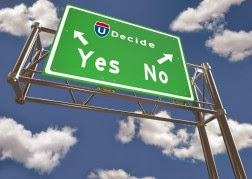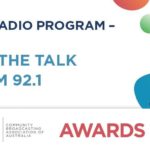Yes and no.
You use these words all the time, but how often do you think about them? They’re not nouns, they’re not verbs, so what are they? Why do we nod our heads yes and shake our heads no? And what’s the deal with yeah no?
Linguist Daniel Midgley explains it all on this episode of Talk the Talk.
Listen to this episode
You can listen to all the episodes of Talk the Talk by pasting this URL into your podlistener.
http://danielmidgley.com/talkthetalk/talk_classic.xmlBen wondered whether we could do a whole based on two words, but we did it. It was easy, since it’s two of the richest and most interesting words in English: yes and no. And I liked getting to the bottom of the quasi-Australian expression yeah no.
The sad news is that Marcia Wallace (Miss Krabappel of the Simpsons) has passed on. I try to work the word cromulent into conversations whenever I can, so this was a sad one for me.
Also, as a kid, I was a huge game show fan, so I remember her from Password Plus, where she appeared frequently. In fact, I just caught this clip from those days. The answer was Harry and she elicited hairy from her team-mate, which then caused the judges to say they got the answer wrong because they’re pronounced differently.
I actually can’t watch this; it’s too painful! Yes, Harry and hairy are pronounced differently in some varieties of English, but not in all. In fact, my variety — Pacific Northwest English — has the Mary/marry/merry merger, so we say them all the same. And yet here’s the host Tom Kennedy, trying to explain phonology terribly, appealing to authority all the while. Aaargh! Time to invent that time machine.
Show notes
The school that banned texting during breaks
http://au.news.yahoo.com/thewest/a/-/wa/19570730/school-bans-phones-at-breaks/
More thoughts from my blog
http://goodreasonblog.blogspot.com.au/2013/11/school-bans-texting-at-breaks.html
Origin of yes
http://etymonline.com/index.php?term=yes&allowed_in_frame=0
Origin of no
http://etymonline.com/index.php?term=no&allowed_in_frame=0
English used to have a four-part system with yes, yea, no, and nay.
http://english.stackexchange.com/questions/28581/did-english-ever-have-a-word-for-yes-for-negative-questions
And what’s the deal with aye?
http://etymonline.com/?term=aye
What part of speech is yes and no?
http://en.wikipedia.org/wiki/Yes_and_no
Why do we nod ‘yes’ and shake ‘no’?
http://www.straightdope.com/columns/read/619/why-do-we-nod-our-heads-for-yes-and-shake-them-for-no
Darwin thought it was innate. Search on this page for ‘Signs of affirmation or approval, and of negation or disapproval: nodding and shaking the head.‘
http://www.gutenberg.org/files/1227/1227-h/1227-h.htm
For Bulgarians, it’s the opposite.
http://goeasteurope.about.com/od/bulgariaandthebalkans/qt/yesandno.htm
Burridge and Florey’s treatment of yeah-no: “Yeah-no, he’s a good kid.” (Paywall.)
http://www.tandfonline.com/doi/abs/10.1080/0726860022000013166?journalCode=cajl20#preview
It’s kind of Australian,
http://www.languagehat.com/archives/001395.php
kind of not.
http://itre.cis.upenn.edu/~myl/languagelog/archives/005523.html
Ben Yagoda’s take
http://chronicle.com/blogs/linguafranca/2012/06/14/yeah-no/
Embiggen and cromulent appeared in this episode of the Simpsons.
http://en.wikipedia.org/wiki/Lisa_the_Iconoclast
Here’s the clip:
http://www.youtube.com/watch?v=BqW5XTuRp_8









